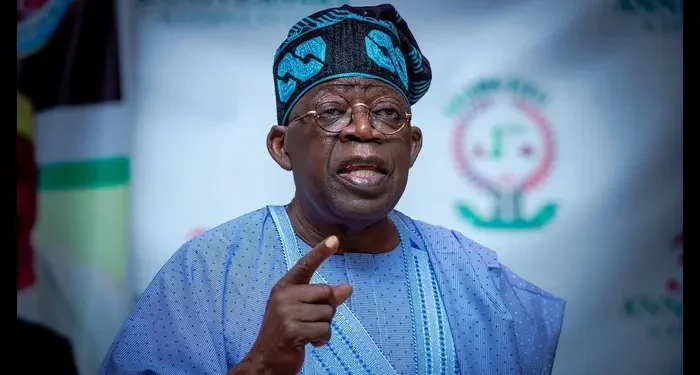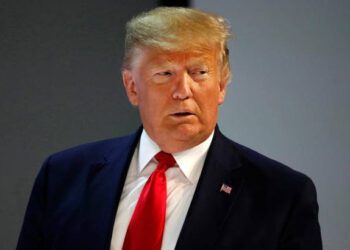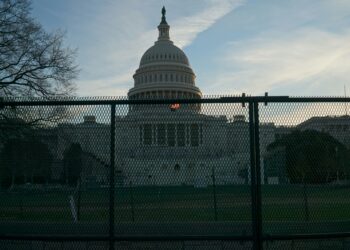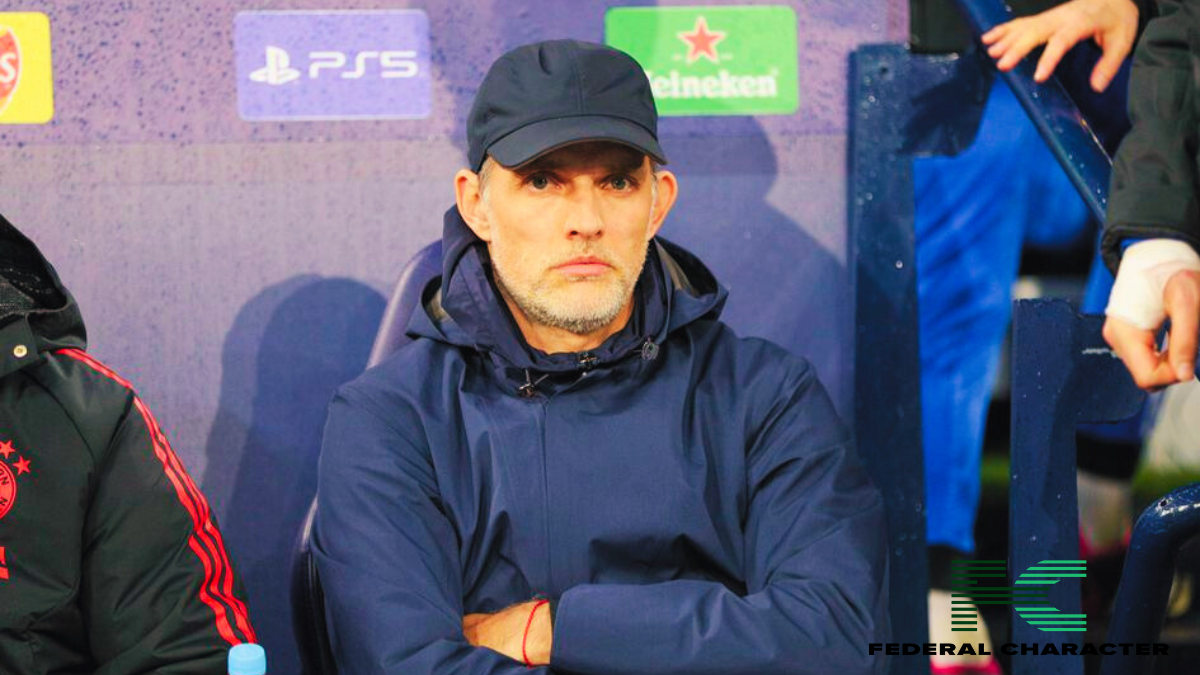There is a strange calm in the South-West right now. Nigeria is clearly struggling, people are frustrated, hungry, and tired of explaining why life feels harder every single month. But in this moment of national pain, there is something almost sacred about Bola Tinubu’s position among many Yorubas. For many of them, the idea that he is failing or doing wrong simply does not exist, no matter the signs around them.
This is why the question keeps coming up everywhere, can Tinubu do any wrong with Yorubas? It is not an attack, it is observation. Because this same region once shouted, marched, and dragged Goodluck Jonathan without mercy. They warned the country would burn under him. Yet today, hardship has entered homes across Lagos, Ogun, Oyo, Osun, Ekiti and Ondo, and the loud voices have suddenly turned whisper-quiet.
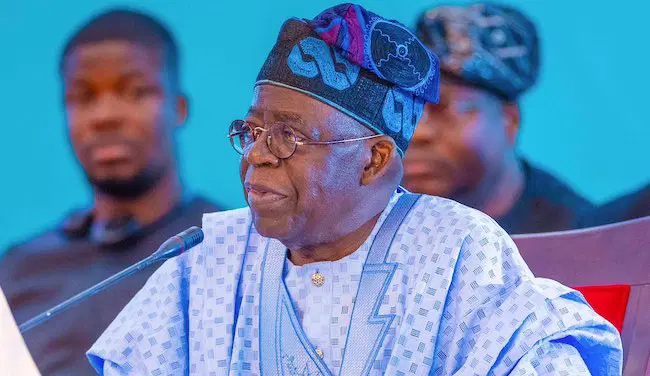
When Criticism Was Fashionable
People have not forgotten. When Jonathan was president, some Yoruba political voices went on national television, organized rallies, spoke like prophets of doom, and vowed Nigeria must change. They dissected every policy. They mocked every mistake. They repeatedly warned that leadership failure would kill this nation.
Fast-forward to now. The economy is gasping. Insurgency is still present. People are relocating abroad like the country is burning behind them. Markets are empty, salaries are useless, and insecurity is still somewhere in the shadows. Yet the same bold voices have gone silent the moment Tinubu entered office. That silence is too loud.
Of course, some Yoruba people are genuinely proud he finally achieved his lifelong ambition. But loyalty should not mean blindness. Nigeria does not need worship it needs honesty.
Church, Politics, and American Concerns
The debate then takes another twist when religion enters the room. Recently, the United States raised alarm about Christians in Nigeria. Many Nigerians, especially Christians in the Middle Belt and North, nodded in agreement. They have buried too many people to ignore it. They have seen burnt churches and blood-stained land. They don’t need a foreign report to confirm what they already know.
But instead of joining the call for protection and truth, Pastor Wale Adefarasin of Guiding Light Assembly went another direction. He basically told his congregation that there is no Christian genocide. He described the killings as something long-standing and not the dramatic picture some Western voices are painting. To many Nigerians mourning loved ones, that sounded like pouring cold water on a burning wound.
Why Call Suffering “Nothing New?”
Yes, Pastor Adefarasin has been Christian for 40 years. Yes, violence in Kaduna and Plateau has existed for decades. But does long-lasting pain suddenly become normal? Should familiarity with tragedy make us numb? Saying “it’s nothing new” about Christian killings sounds painful to families who still sleep in fear.
It feels like saying, “we’re used to dying, so don’t exaggerate.” And that is unfair to those living through loss. When a pastor speaks, he speaks to hearts. There are Christians who do not return home after Sunday service. There are children who no longer have fathers because extremists stormed their villages at night. Calling it “not genocide” may be his theological or political angle, but it does not comfort the victims.
What Does America Really Want?
At the same time, we cannot pretend America is a perfect savior. Another voice online asked a very realistic question: What does America gain from this sudden noise? That question matters.
America rarely cries for human beings without looking at money, power, oil, strategy, or influence. History has taught us that. If they claim to care about Christians now, fine, but Nigerians must ask: what’s the benefit for them?
Still, even if America has interest, does that make the killings imaginary? No. Two truths can exist together. America may have a motive. Christians are still being killed. Pretending either is false will not solve anything.
The painful part of all this is how quickly elites forget the masses. Politicians defend themselves, pastors try to sound balanced, and ordinary citizens pay the price. The Yorubas defending Tinubu blindly are not all rich, some are defending him while standing in fuel queues and counting coins for food. The Christians denying Christian suffering are not the ones hiding in bushes at midnight, the poor villagers are the ones running and praying for sunrise.
This silence, this denial, this selective outrage, it hurts the nation. It divides us in ways bullets cannot.
Love Should Not Blind Truth
Supporting someone from your tribe is normal. But worship is dangerous. Asking “Can Tinubu do any wrong with Yorubas?” is not a tribal insult, it is a wake-up call. No leader should be above accountability. And saying Christians are not facing violence does not erase graves.
Nigeria is bleeding from many sides, economic pain, insecurity, ethnic loyalty, and religious denial. If we continue closing our eyes to reality, one day we will open them too late, in a country none of us can recognize.
Blind loyalty has never built a nation. And truth, no matter how uncomfortable, is always healthier than silence.

